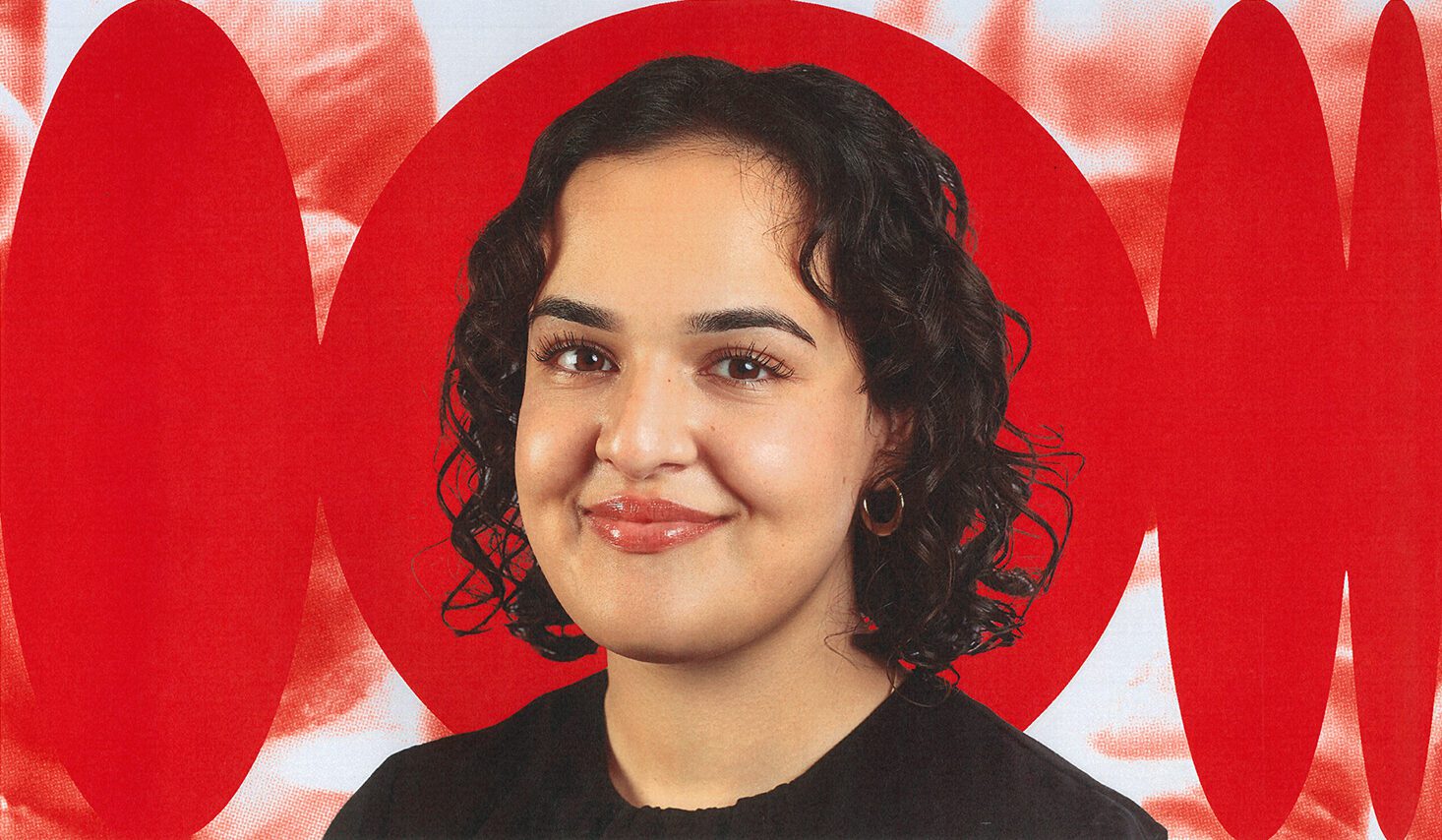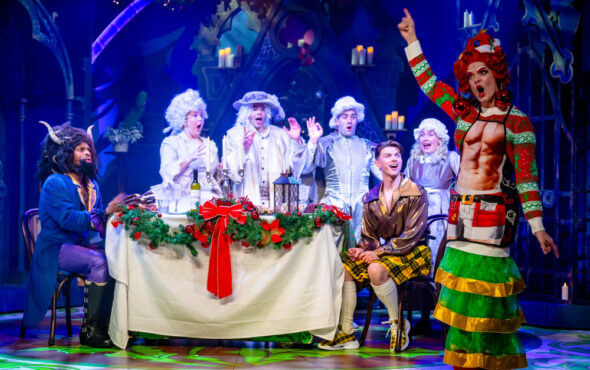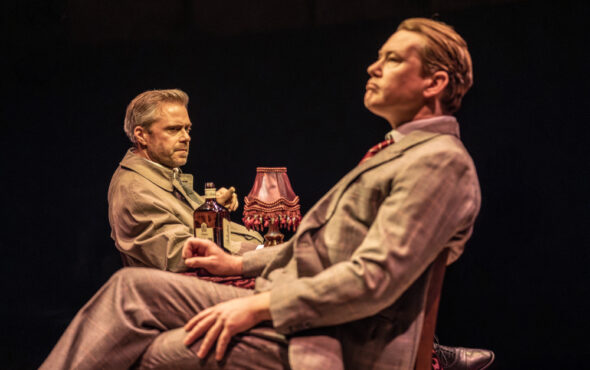
My first memory of falling in love with football was 2006. World Cup fever was sweeping through every kid on my street. When I wasn’t huddled in front of the TV with my friends, I was kicking a ball against the fence so repetitively that our neighbour had to have a word with my mum.
But as I grew older, I became more self-conscious. The men and boys around me were hardcore football fans, and as a woman – and a queer British Indian one at that – I felt out of place. Like many others who didn’t fit the mold of a traditional supporter, for a while I concluded that football wasn’t for me.
Today in the stands, as a season-ticket holder at Nottingham Forest, I am lucky to feel welcome and accepted for who I am. But as this World Cup draws nearer, I feel little of the familiar excitement. Instead, I’m concerned about the circumstances in which the tournament is taking place, and deeply conflicted about what my attitude, particularly as an LGBTQ+ fan, should be.
Qatar, the host nation, is one of 69 countries where homosexuality is illegal. Trans people are forced to undergo ‘conversion therapy’ there at clinics sponsored by the government. As recently as September, Human Rights Watch has documented the arbitrary arrest and ill-treatment of LGBTQ+ people, and just days ago, a Qatari ambassador for the World Cup described homosexuality as “a damage in the mind”.
LGBTQ+ people are far from the only ones to suffer. 6,500 migrant workers, many of whom are victims of forced labour, have died constructing infrastructure for the World Cup, while Amnesty International estimates that at least 100,000 have been exploited because of lax labour laws in the 12 years since Qatar was awarded the tournament.
Earlier this month, FIFA sent a letter to the 32 teams taking part, telling them to “now focus on the football”. We must do the exact opposite. Football fans, players and teams must use this tournament to show solidarity with our Qatari LGBTQ+ siblings and the millions of migrants who work in appalling conditions while the whole world is watching.
Pressure must be put on public figures not to launder the reputation of Qatar’s brutal government and instead speak out about its crimes. It is appalling that David Beckham has signed a reported £10 million deal with Qatar to be their ambassador during the World Cup, while Foreign Secretary James Cleverly has been effectively telling LGBTQ+ fans to act less gay and is still adamant that he will attend. Players and journalists taking part in the tournament must use this moment to uplift the voices of affected communities and condemn the Qatari regime.
FIFA also deserves to be robustly criticised. In allowing Qatar to sportswash its reputation, football’s governing body has put money above anything else – underlined by accusations of corruption in the awarding of this year’s World Cup. At every step of the process, it has failed to use its power and leverage in favour of the rights of those building the stadiums or the people persecuted by the Qatari regime. Human rights organisations are now calling on FIFA to pay reparations of £365 million to migrant workers whose rights have been compromised – a demand that fans should support.
But at the same time as critiquing Qatar and FIFA, we must also get our own house in order. From the positive role models of the 2021 Euro squad, to male professional Jake Daniels being open about his sexuality, to the surging popularity and success of the Lionesses, in many ways English football feels more inclusive than ever. But racism, misogyny and homophobia are not problems of the past. Kick it Out has seen a 41% rise in reports of racial discrimination in the grassroots game, while 50% of fans believe homophobia is a serious issue in the sport. We have a responsibility to tackle all forms of discrimination at home, as well as condemning it abroad.
With its innate power to unite people across cultures, borders and languages, I believe that not only can football change – it can be a force for change. From Fans Supporting Foodbanks campaigning against food poverty, to NUFC Fans Against Sportwashing, to the numerous LGBTQ+ supporters’ groups, many fans are refusing to leave politics at the turnstiles. As football fever sweeps the nation once again, this moment should demonstrate that football and activism can go hand in hand.
Nadia Whittome is a member of the Labour Party currently serving as the MP for Nottingham East.


